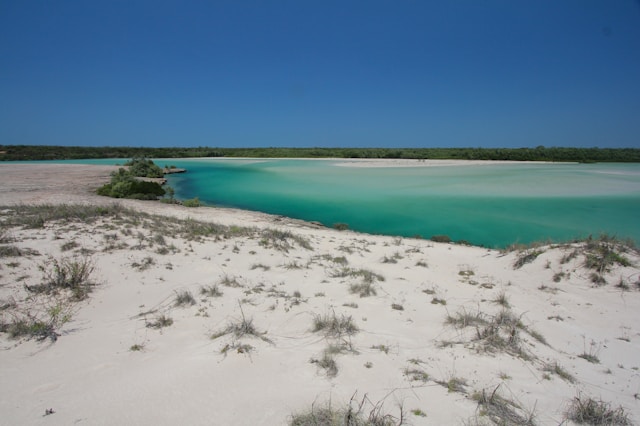Climate Change Minister Chris Bowen insists Australia is now on a track to reduce emissions following a change of government, after new figures showed a rise in greenhouse gases.
The latest update of Australia’s National Greenhouse Gas Inventory saw emissions rise 1.5 per cent in the year to March 2022.
The figures represented the last full quarter before a change of federal government.
Mr Bowen said the figures were not surprising.
“Even a global recession could only interrupt the LNP’s decade of climate policy neglect for so long,” he said.
“While the impact of this neglect can’t be turned around overnight, the Albanese government is getting on with the job of creating the market signals and reforms necessary for a booming Australian economy on a trajectory to net-zero by 2050.”
When asked if the Nationals would consider backing legislating climate targets, leader David Littleproud said the path to net-zero was not a “linear one” and said his party would consider the advancement of new technologies.
“That’s why we took the pragmatic step of wanting to have a discussion about small scale modular nuclear, about reducing emissions in our energy sector,” he said.
Mr Littleproud said Australia had lived up to “every international commitment” it had made on climate change action.
Opportunities for the workforce from increased climate action and clean energy are set to be a focus of the government’s two-day jobs and skills summit, which starts on Thursday.
The first day of the program will include a panel discussion on climate change jobs and skills, and is expected to include a virtual address from Mr Bowen.
The panel is expected to include energy sector representatives and climate action advocates.
Australian Conservation Foundation chief executive Kelly O’Shanassy, who is speaking at the event, said the summit would be an opportunity to examine how jobs would look with a bigger focus on climate.
“Our greatest contribution to a net zero world would be to rapidly transition our exports from dirty to clean,” she said.
“We’re going to need a national energy plan and a national exports plan that align with net zero, co-investment to accelerate clean exports and a transition authority to make sure the transition is fast and fair.”
Ms O’Shanassy said there were economic advantages from climate change solutions.
“The job opportunities are not limited to tackling the climate crisis. Australia also faces an extinction crisis. Looking after nature generates jobs, especially in rural Australia,” she said.
“From sustainable farming to Indigenous rangers caring for country to accountants helping businesses understand their reliance on nature, caring for nature generates abundant jobs.”
The government has already moved to enshrine a 43 per cent emissions reduction target by 2030, with its climate bill passing the lower house.
Mr Bowen said more work needed to be done in order for emissions targets to be reached.
“Australia’s greenhouse gas emissions are now at 21.6 per cent below June 2005 levels, the base year for our 2030 Paris Agreement target,” he said.
“2030 is only 88 months away, and the Albanese government will continue to work hard with industry, the states and territories and the broader community, to turn this ship around.”
Andrew Brown and Tess Ikonomou
(Australian Associated Press)





